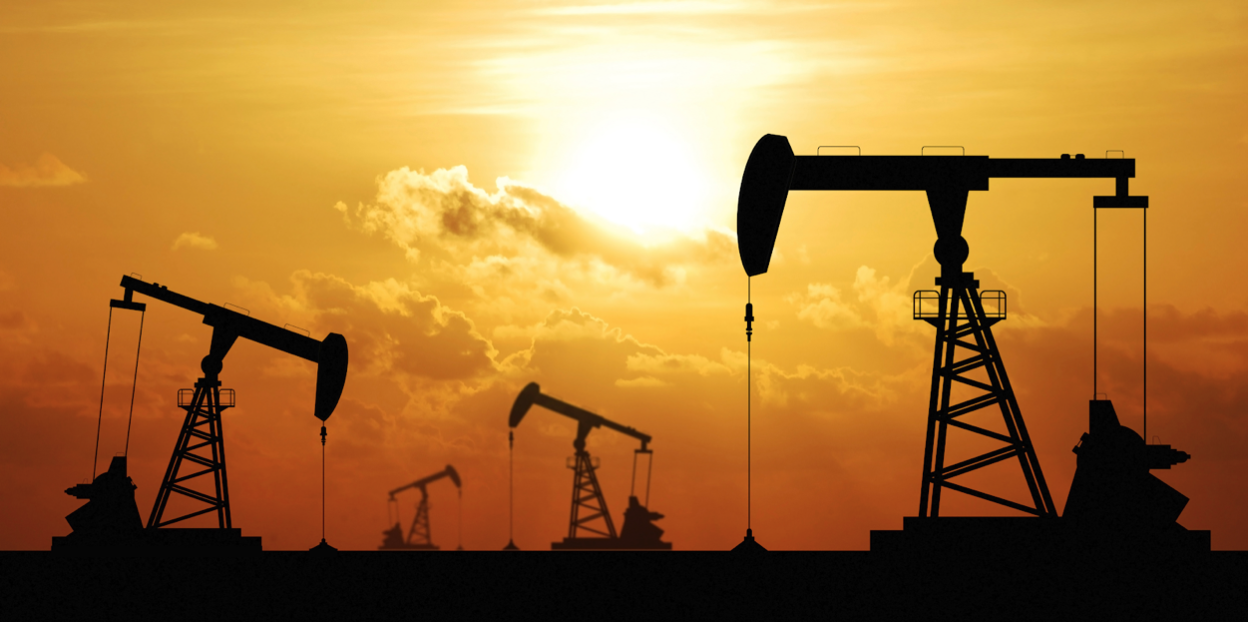Have we reached peak spray foam?
By K. Irwin
Are we currently experiencing peak spray foam? As of this writing in December 2019, foamed plastic insulations have become defacto norm in our industry here in central Texas, but market forces and societal goals may be aligning to bring that reality to an end.
Perhaps the largest shift is due to the ongoing flux in the business models of the oil majors. The payback for renewable energy is rapidly decreasing as the fixed costs for materials and installation continue to drop. Meanwhile the marginal costs are essentially zero, as the sun and wind don't ever send us a bill. Nor do they have the powerful negative externalities (1) associated with the production of fossil fuels and intensive energy inputs and processing required by the petrochemical industry. As the electrification and transportation are moved to a clean energy economy, the market for polluting fossil fuels shifts radically for the oil majors as their stranded assets (2) portfolios increase.
A second market force impacting foamed plastics is the growing consumer awareness that homes are powerfully impactful to the health of the family. Homeowners are increasingly recognizing that they live in immersed in a fishbowl of air in their homes, and that air enters their lungs and blood with every breath. There is no way around the fact that spray foam installations turn the home into a chemical manufacturing plant during insulation. There is a lot to say about this topic and whether foamed plastic insulations are negatively impactful for occupant health or not. At this point what is know is that: 1. there are cases where for certain occupants there is a negative impact; and 2. there are an ever-increasing number of viable options for effective insulation and air sealing products. Given these two facts many owners adhere to the precautionary principle 3 and choosing to not use foamed plastic insulations in their homes when given the choice.
Finally, our society is grappling with the reality that when it comes to homes and buildings we don't think about energy properly. Most of the time anyone in the AEC (architecture, engineering and construction) industry uses the word energy, they're only referring to operational energy. Properly considering energy means taking into account the fact that it takes a lot of energy just to cause a home to exist. The embodied energy of foamed plastics is substantially higher than for natural, or post-consumer waste, insulation materials.
Oil fields at sunset. Photograph or metaphor?
Whether we are now at peak spray foam or not is something that only time will tell. Broadly speaking we know that eating junk food damages our health but we still do it. We know that treating the sky as a free public sewer has negative externalities, but we still do it. The fact that better options exist, does not mean that they will emerge via market forces. What is more significant is that the market and societal forces appear to be offering a path forward that supports multiple simultaneous positive outcomes that support a healthy biosphere for us to build our homes and live our lives within.
For more technical information on SPF insulation and to help you make your own determinations about its efficacy, applicability, and future, see PHIUS’ classic resource, Spray Polyurethane Foam Insulation and Passive Houses.
1 A negative externality is a damaging effect of a product or process that does not lead to a cost to the producer. Even though potentially grave damage to the earth's biosphere occurs, this cost is externalized and does not impact the economics of production.
Think about Big Tobacco prior to the recognition that smoking causes cancer. In the case of the petrochemical industry, billions of dollars have been spent since the 1970's to support disinformation campaigns regarding the effects of production on planetary ecosystems (significantly the planet's water cycle). Further hundreds of millions of dollars have been spent opposing any Republican politician who dared cross the big oil lobby. Fifty years later, the majority of Republican politician's (and voters) don't even realize that they have been subjected to disinformation and psy-ops1B.
1B Psychological operations (PSYOP) are operations to convey selected information and indicators to audiences to influence their emotions, motives, and objective reasoning, and ultimately the behavior of governments, organizations, groups, and individuals.
2 A stranded asset is a financial term that describes something that has become obsolete or nonperforming well ahead of its useful life, and must be recorded on a company's balance sheet as a loss of profit. A couple of examples are: (1) costly coal-burning power plants that can be run profitably without huge government subsidies; (2) oil fields that will never be developed because it makes more economic sense to leave the oil in the ground than to pump it out and sell it for a loss.
3 The precautionary principle (or precautionary approach) generally defines actions on issues considered to be uncertain, for instance applied in assessing risk management.[1] The principle is used by policy makers to justify discretionary decisions in situations where there is the possibility of harm from making a certain decision (e.g. taking a particular course of action) when extensive scientific knowledge on the matter is lacking. The principle implies that there is a social responsibility to protect the public from exposure to harm, when scientific investigation has found a plausible risk. These protections can be relaxed only if further scientific findings emerge that provide sound evidence that no harm will result.


